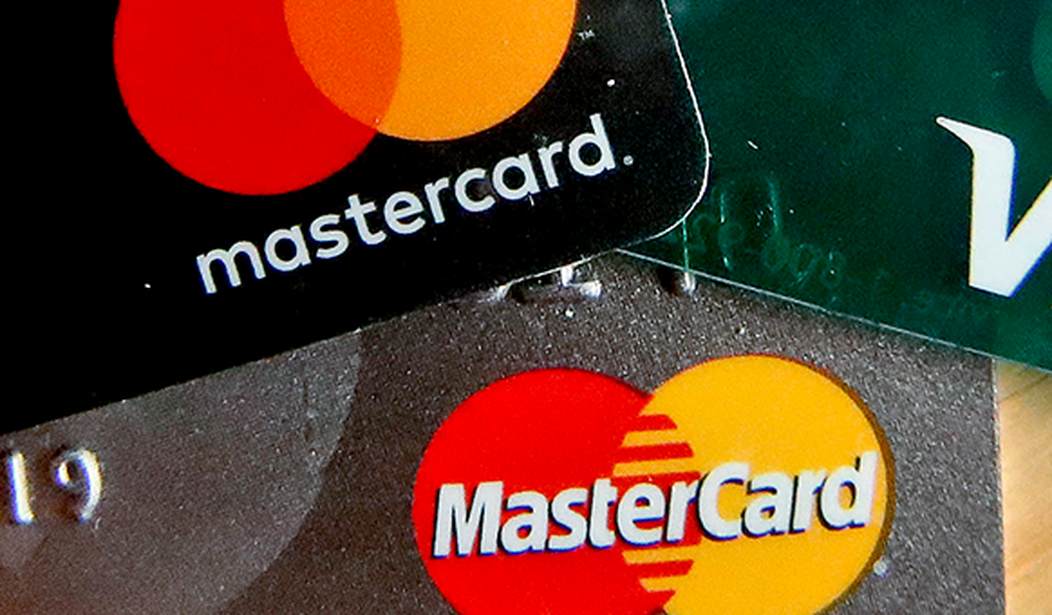President Reagan famously said that the most terrifying words in the English language are, “I’m from the government and I’m here to help.” Likewise, when Congress threatens to “inject more competition in an industry,” skepticism should be our first response. Some in congress are threatening just that with legislation to overturn the credit card industry called the Credit Card Competition Act. As Reagan was right to warn about promises of government help, Republicans in Congress would be wise to be skeptical of this bill. Before drastically reshaping, and likely limiting, how Americans use their credit cards, Republicans should understand the pitfalls of government intervention in this market.
For background, one of the most contentious fights in Washington, D.C., involves interchange, or swipe, fees—the processing costs for using debit and credit cards. As I saw during my time in Washington, and any member of Congress will tell you, merchants lobby fiercely for Congress to set fee caps to curb their costs. On the flip side, banks and credit card companies vigorously oppose these measures, pointing out these fees fund operating costs, investments in security measures like fraud protection, and card rewards programs.
Today, while the processing of a credit card payment is invisible to a consumer, in fact there is a complex series of transactions that take place almost instantly and include an allocation of the swipe fees to the various parties involved including the banks that issue the credit card. The Credit Card Competition Act would change how these transactions work. Today, if you use a Visa card, it is processed on Visa’s network. The same is true for cards affiliated with Mastercard and Discover. Under this bill, banks that issue Visa and Mastercard credit cards would be forced to add a secondary network to the card that is not Visa or Mastercard, and to let the merchant pick which network to use for processing the transactions.
This bill would harm the very Americans it is purported to help. Here’s how.
First, we know what happened the last time Congress intervened in this market with price caps on debit card swipe fees in 2010. Banks’ transaction revenue declined, but consumers didn’t save money. Instead, the Government Accountability Office (GAO) found that banks stopped offering debit cards with rewards points and increased the costs of checking accounts. Free checking became a rarity. The Credit Card Competition Act may not be an explicit price cap, but it acts as a backdoor price cap on a large portion of the credit card market because it limits banks’ ability to use Visa and Mastercard networks to process transactions and forces banks to use cheaper and potentially less secure networks. The outcome for consumers would be the same as last time—less bank revenue for funding operating costs, security measures, fraud protection and card rewards programs. Expect to see many rewards programs diminished and disappearing.
Recommended
Second, the notion that the credit card industry needs Congressional intervention to be competitive is likely surprising to any American with a mailbox who receives credit card offers daily. In an egregious case of Washington selecting favorites, the Credit Card Competition Act doesn’t apply to every credit card company—only Visa and Mastercard. Other large companies like American Express and Discover are exempt. So this bill not only seeks to dictate the terms of transactions between private corporate entities (banks and retailers), it also selectively punishes just two of the many players in this space.
Third, the negative repercussions of overhauling the credit card system extend beyond banks. Entire industries, such as tourism, rely heavily on credit card rewards points. Many Americans use their credit card points to travel or stay in hotels. One in four households use airline credit cards. Airlines and their employees would feel the impact of this legislation as the airline companies, and the unions representing airline employees, have made clear by their opposition to this bill.
Fourth, when you use a credit card today, part of the processing fee pays for security and to insure you against identity theft. The major credit card companies have invested billions developing security measures and technology to protect consumers from theft, fraud, and disputes over purchases. If payments are processed on networks that lack sufficient technological investments, that could put data security, and your money, at risk.
Finally, Republicans should consider the cost to American consumers. So far, Congress is hearing from the parties most vested in this policy fight like the merchants and the banks. But should legislation pass that drastically changes how credit cards work, another group will raise its voice: voters. A significant majority of Americans own and use credit cards with rewards points. They like earning and spending those reward points. If these Americans believe their representatives stripped away these benefits, they won’t be pleased.
When congress mandates the terms of transactions between private parties, unintended consequences usually follow. In the case of the Credit Card Competition Act, the consequences may be unintended but they are not unknown. Congress should follow the implied advice of The Gipper and refrain from terrifying consumers by offering its “help.”
Pat Toomey served as a United States Senator from Pennsylvania from 2011 to 2023 and United States House of Representative from 1999 to 2005.

























Join the conversation as a VIP Member